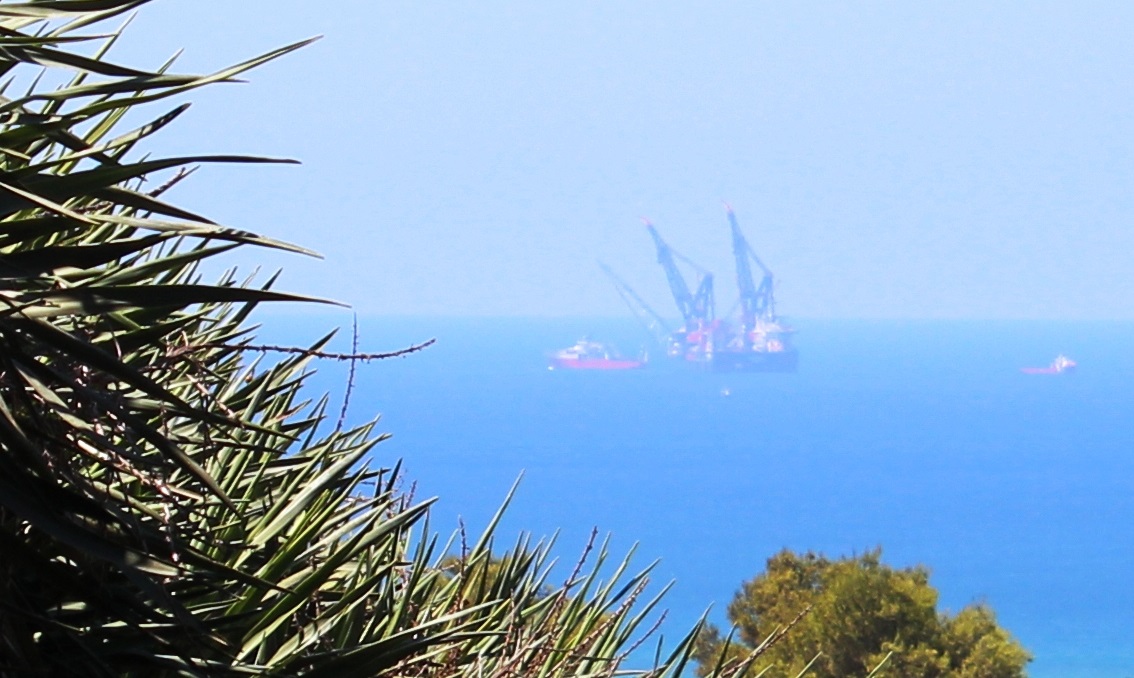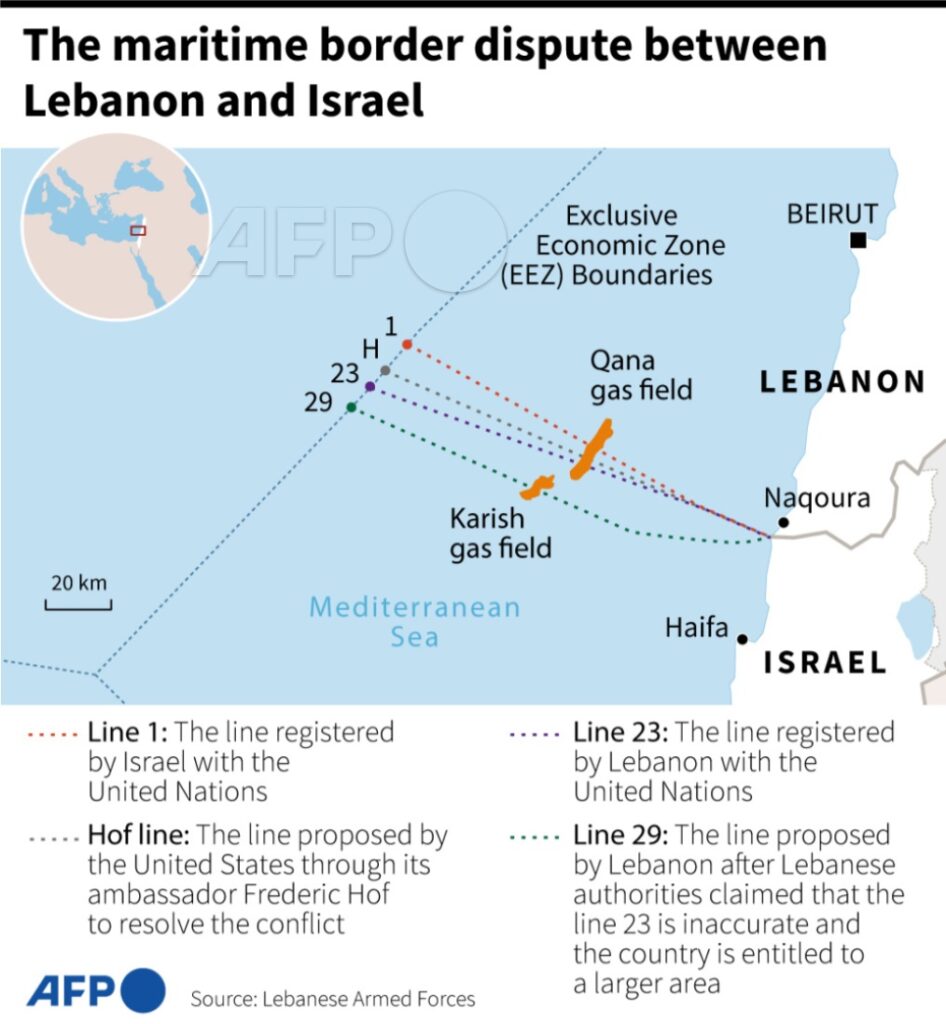Gas, what changes for Europe after the Israel-Lebanon agreement

The maritime border agreement between Israel and Lebanon should favor gas production in the eastern Mediterranean. But the Karish and – above all – Qana fields may not give immediate relief to Europe. Total's role. All the details
Israel and Lebanon reached an important agreement on Tuesday – the two countries are technically at war and have no official diplomatic relations – on maritime borders. The agreement resolves an old dispute over the control of some portions of the Mediterranean Sea and should favor the extraction of natural gas.
THE MEANING OF THE AGREEMENT FOR EU AND US
The agreement, in fact, provides for the assignment to Lebanon of the extraction rights on a field so far disputed and the confirmation of Israeli ownership of a nearby hydrocarbon field. These are interesting developments for Europe, which is looking for gas supplies to replace Russian ones and which had shown interest precisely in the large resources contained in the Eastern Mediterranean: in June, for example, it signed a memorandum with Israel and Egypt for the import of liquefied gas.
The agreement between Israel and Lebanon also represents a political success for the United States, which has acted as mediators. The one between Tel Aviv and Beirut, in fact, is not a direct pact between the parties, but consists of two separate agreements of each country with Washington, explains theNew York Times .
THE ENERGY CONSEQUENCES
The agreement resolves a dispute over the definition of the exclusive economic zones of Israel and Lebanon in the eastern Mediterranean, establishing in which areas each country has the right – exclusive, in fact – to extract the resources contained therein.
Israel has granted Lebanon the right to drill a gas field – called Qana – which extends between the two economic zones: Tel Aviv will receive compensation for the hydrocarbons extracted within its maritime area. Beirut, on the other hand, has renounced to claim possession of a nearby field, that of Karish: Israel, therefore, will be able to proceed with its exploitation without fear of armed reprisals by Hezbollah, the Lebanese political-military organization of Shiite orientation. anti-Zionist and supported by Iran.

QANA WILL HELP EUROPE?
The amount of gas reserves contained in the Qana field, managed by a consortium led by the French company TotalEnergies, is not yet clear. What is certain, however, is that it will take years to extract and sell those reserves: they are not, therefore, of help to the current European energy crisis, but could represent a valuable asset in the future.
THE TIMES OF KARISH
The operator of the Karish field is the British-Greek company Energean , which expects to be able to start production within the next few weeks. On Sunday the company said it had begun pumping gas to its floating unit at the site, as required by Israeli government approved testing procedures.
THE FUTURE OF EASTMED
The simplest route for Israeli and Lebanese gas destined for Europe does not seem to be EastMed, the gas pipeline project passing through Cyprus and Greece. The work is in fact both expensive (6 billion euros, in relation to transport capacity) and difficult on a political level (Turkey is against it because the pipeline would cut it out of energy flows in the Eastern Mediterranean), and – perhaps – not strategic. : in a context of ecological transition and reduction in the consumption of fossil fuels, only the cheapest gas supplies will be able to remain on the market; it is not clear whether EastMed is able to guarantee this price competitiveness. The United States and even Greece , which is directly involved in the project, do not seem to be convinced.
There are two alternatives judged to be more feasible and also more forward-looking than EastMed. One involves pipeline transportation of Israeli gas to Egypt, where it would be liquefied and re-exported to Europe. Another is the EuroAsia interconnector, a submarine cable that will move electricity generated in Israel (from gas or renewables) to Cyprus and Greece.
This is a machine translation from Italian language of a post published on Start Magazine at the URL https://www.startmag.it/energia/israele-libano-accordo-confini-marittimi-gas/ on Wed, 12 Oct 2022 09:07:16 +0000.
